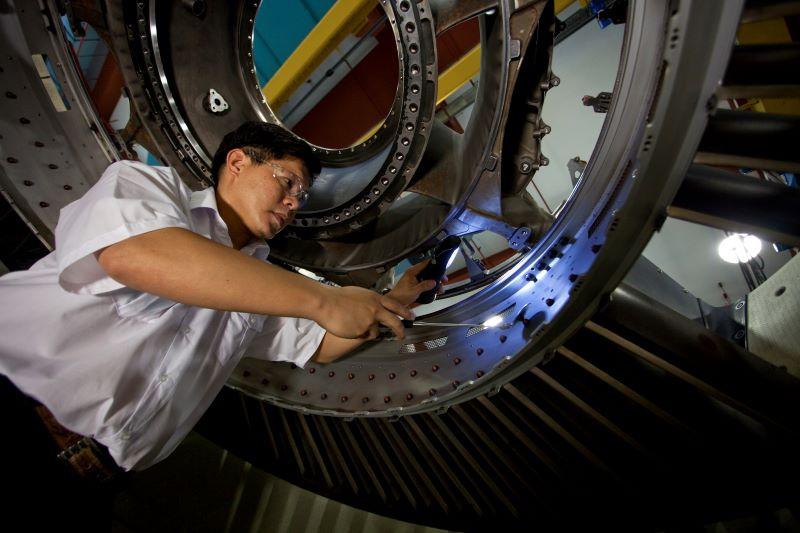
Credit: Pratt & Whitney
Mega-supplier Raytheon Technologies remains confident that global passenger traffic will be fully recovered by the end of 2023, supporting strong aftermarket business that will soon include the widebody long-haul segment that has been slowest to rebound. “Right now, we’re sitting at about 75%” of...
Subscription Required
This content requires a subscription to one of the Aviation Week Intelligence Network (AWIN) bundles.
Schedule a demo today to find out how you can access this content and similar content related to your area of the global aviation industry.
Already an AWIN subscriber? Login
Did you know? Aviation Week has won top honors multiple times in the Jesse H. Neal National Business Journalism Awards, the business-to-business media equivalent of the Pulitzer Prizes.

